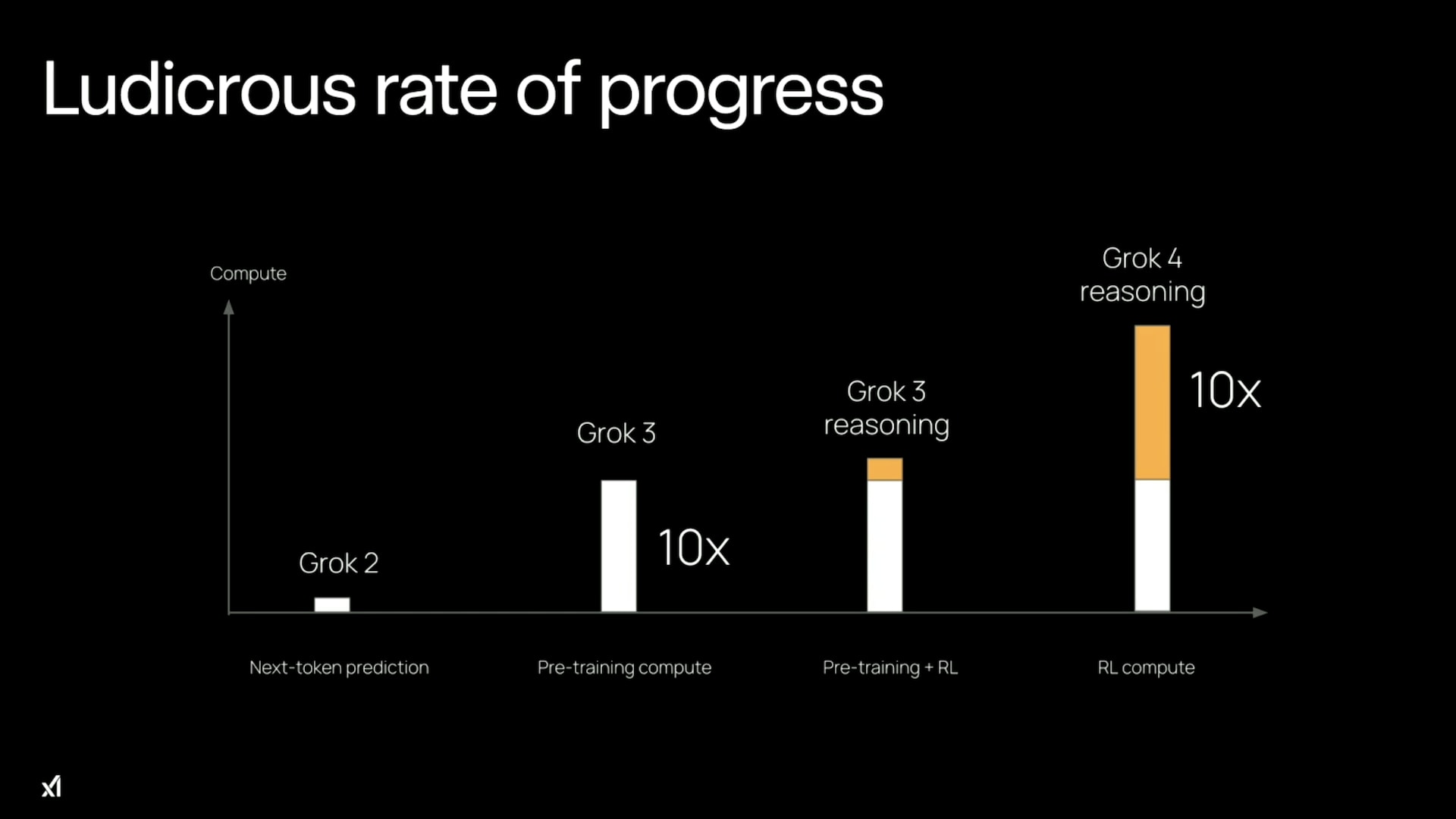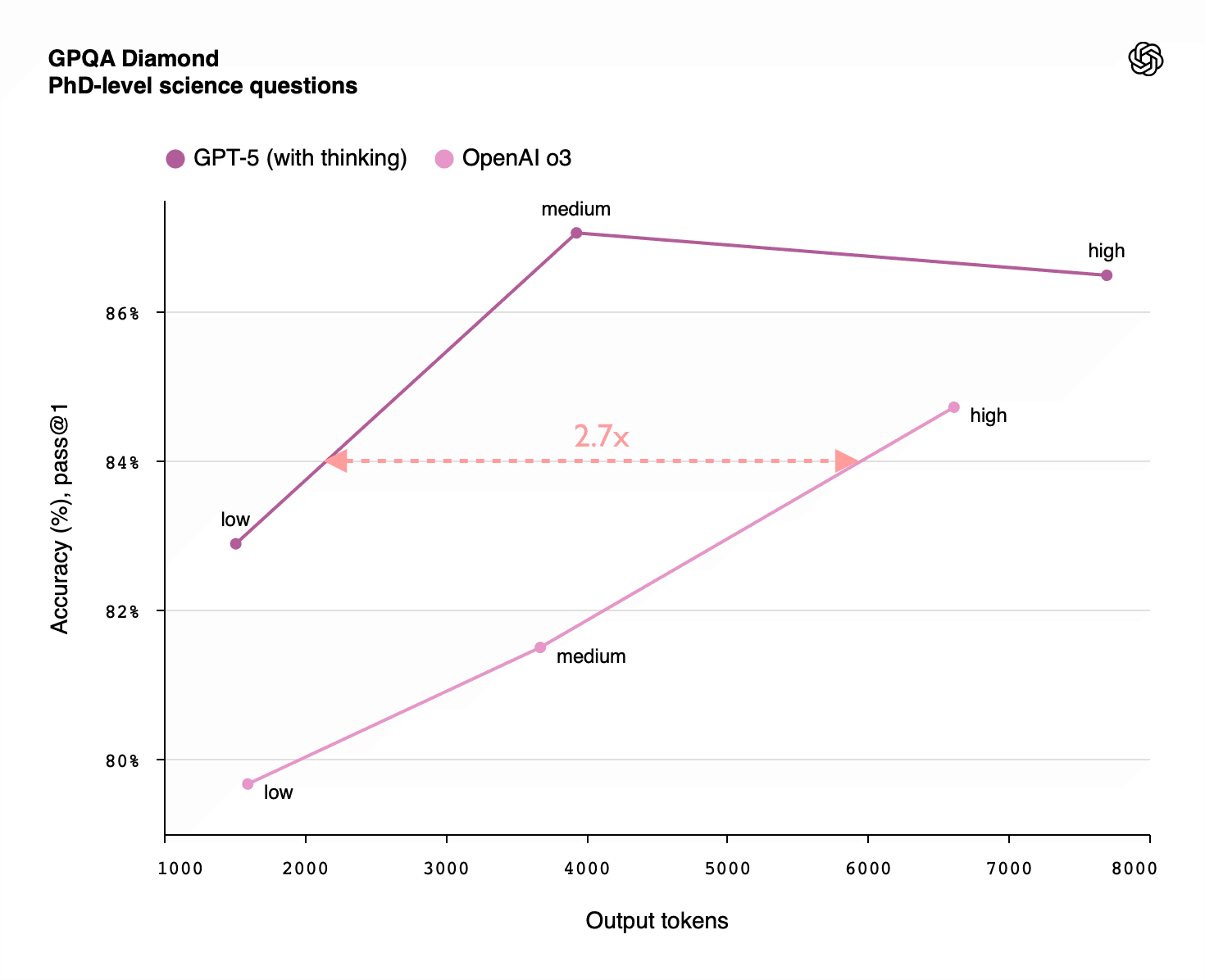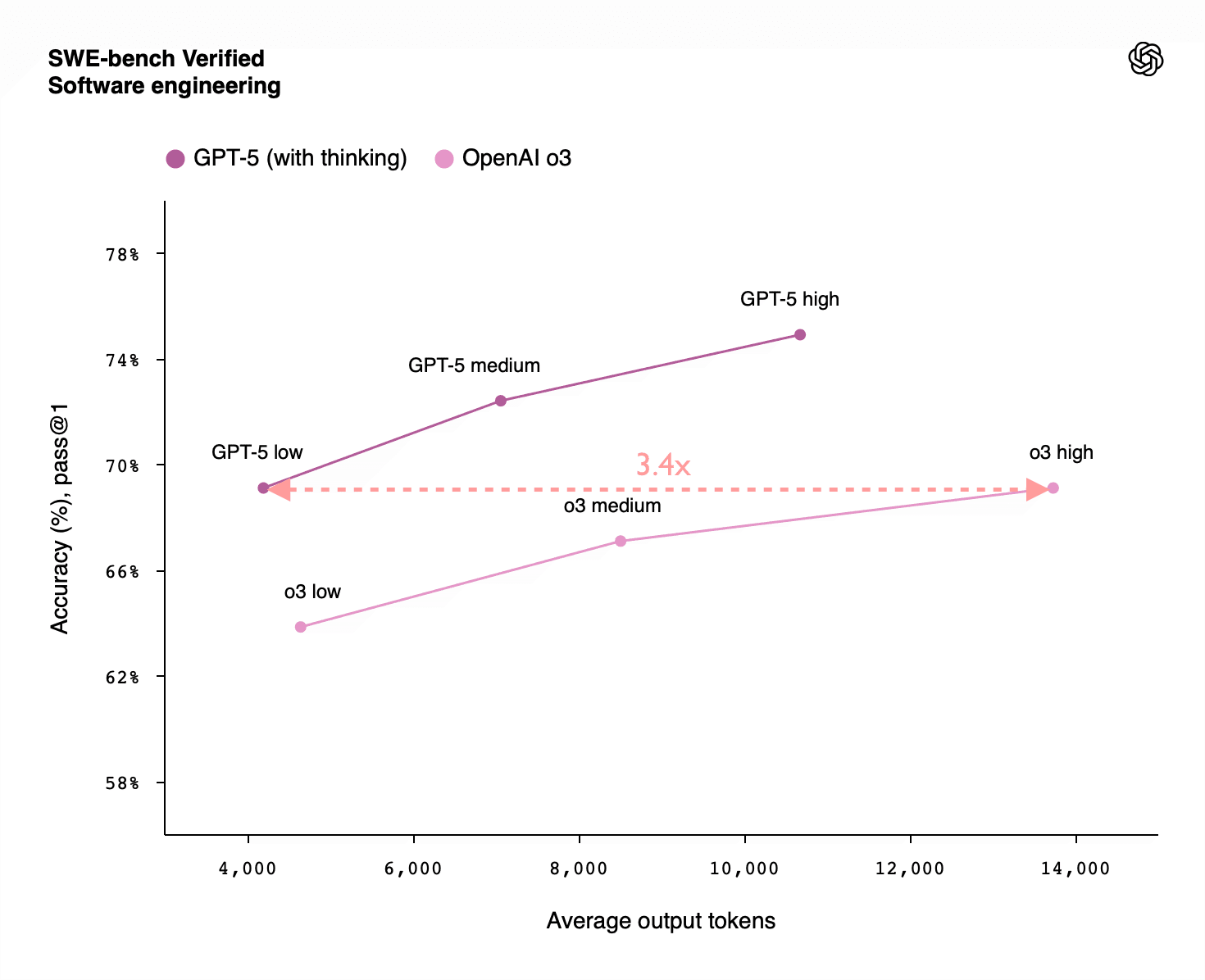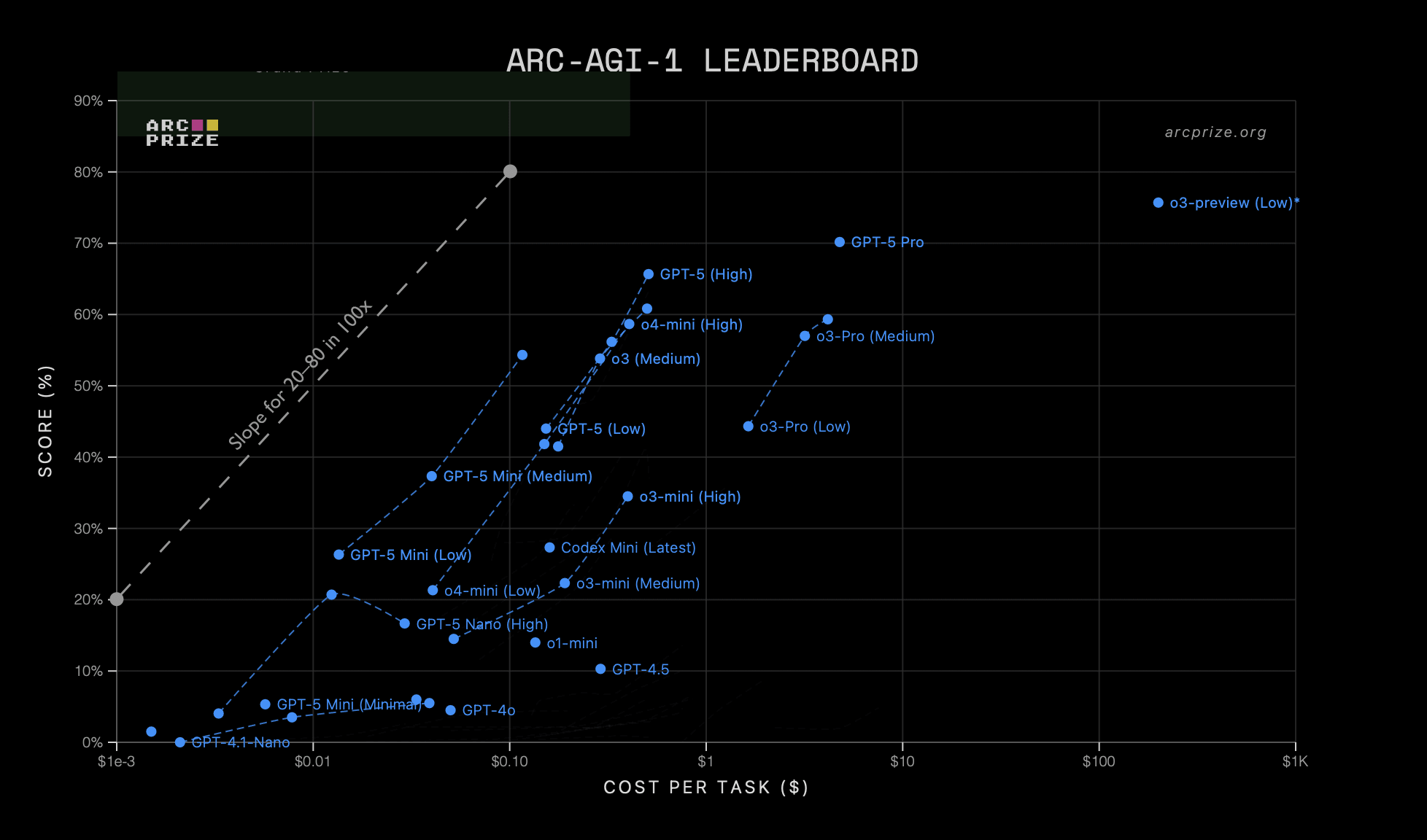The award-winning WIRED UK Podcast with James Temperton and the rest of the team. Listen every week for the an informed and entertaining rundown of latest technology, science, business and culture news. New episodes every Friday.
…
continue reading
เนื้อหาจัดทำโดย LessWrong เนื้อหาพอดแคสต์ทั้งหมด รวมถึงตอน กราฟิก และคำอธิบายพอดแคสต์ได้รับการอัปโหลดและจัดหาให้โดยตรงจาก LessWrong หรือพันธมิตรแพลตฟอร์มพอดแคสต์ของพวกเขา หากคุณเชื่อว่ามีบุคคลอื่นใช้งานที่มีลิขสิทธิ์ของคุณโดยไม่ได้รับอนุญาต คุณสามารถปฏิบัติตามขั้นตอนที่แสดงไว้ที่นี่ https://th.player.fm/legal
Player FM - แอป Podcast
ออฟไลน์ด้วยแอป Player FM !
ออฟไลน์ด้วยแอป Player FM !
“How Well Does RL Scale?” by Toby_Ord
Manage episode 516788581 series 3364760
เนื้อหาจัดทำโดย LessWrong เนื้อหาพอดแคสต์ทั้งหมด รวมถึงตอน กราฟิก และคำอธิบายพอดแคสต์ได้รับการอัปโหลดและจัดหาให้โดยตรงจาก LessWrong หรือพันธมิตรแพลตฟอร์มพอดแคสต์ของพวกเขา หากคุณเชื่อว่ามีบุคคลอื่นใช้งานที่มีลิขสิทธิ์ของคุณโดยไม่ได้รับอนุญาต คุณสามารถปฏิบัติตามขั้นตอนที่แสดงไว้ที่นี่ https://th.player.fm/legal
This is the latest in a series of essays on AI Scaling.
You can find the others on my site.
Summary: RL-training for LLMs scales surprisingly poorly. Most of its gains are from allowing LLMs to productively use longer chains of thought, allowing them to think longer about a problem. There is some improvement for a fixed length of answer, but not enough to drive AI progress. Given the scaling up of pre-training compute also stalled, we'll see less AI progress via compute scaling than you might have thought, and more of it will come from inference scaling (which has different effects on the world). That lengthens timelines and affects strategies for AI governance and safety.
The current era of improving AI capabilities using reinforcement learning (from verifiable rewards) involves two key types of scaling:
---
Outline:
(09:46) How do these compare to pre-training scaling?
(14:16) Conclusion
---
First published:
October 22nd, 2025
Source:
https://www.lesswrong.com/posts/xpj6KhDM9bJybdnEe/how-well-does-rl-scale
---
Narrated by TYPE III AUDIO.
---
…
continue reading
You can find the others on my site.
Summary: RL-training for LLMs scales surprisingly poorly. Most of its gains are from allowing LLMs to productively use longer chains of thought, allowing them to think longer about a problem. There is some improvement for a fixed length of answer, but not enough to drive AI progress. Given the scaling up of pre-training compute also stalled, we'll see less AI progress via compute scaling than you might have thought, and more of it will come from inference scaling (which has different effects on the world). That lengthens timelines and affects strategies for AI governance and safety.
The current era of improving AI capabilities using reinforcement learning (from verifiable rewards) involves two key types of scaling:
- Scaling the amount of compute used for RL during training
- Scaling [...]
---
Outline:
(09:46) How do these compare to pre-training scaling?
(14:16) Conclusion
---
First published:
October 22nd, 2025
Source:
https://www.lesswrong.com/posts/xpj6KhDM9bJybdnEe/how-well-does-rl-scale
---
Narrated by TYPE III AUDIO.
---
658 ตอน
Manage episode 516788581 series 3364760
เนื้อหาจัดทำโดย LessWrong เนื้อหาพอดแคสต์ทั้งหมด รวมถึงตอน กราฟิก และคำอธิบายพอดแคสต์ได้รับการอัปโหลดและจัดหาให้โดยตรงจาก LessWrong หรือพันธมิตรแพลตฟอร์มพอดแคสต์ของพวกเขา หากคุณเชื่อว่ามีบุคคลอื่นใช้งานที่มีลิขสิทธิ์ของคุณโดยไม่ได้รับอนุญาต คุณสามารถปฏิบัติตามขั้นตอนที่แสดงไว้ที่นี่ https://th.player.fm/legal
This is the latest in a series of essays on AI Scaling.
You can find the others on my site.
Summary: RL-training for LLMs scales surprisingly poorly. Most of its gains are from allowing LLMs to productively use longer chains of thought, allowing them to think longer about a problem. There is some improvement for a fixed length of answer, but not enough to drive AI progress. Given the scaling up of pre-training compute also stalled, we'll see less AI progress via compute scaling than you might have thought, and more of it will come from inference scaling (which has different effects on the world). That lengthens timelines and affects strategies for AI governance and safety.
The current era of improving AI capabilities using reinforcement learning (from verifiable rewards) involves two key types of scaling:
---
Outline:
(09:46) How do these compare to pre-training scaling?
(14:16) Conclusion
---
First published:
October 22nd, 2025
Source:
https://www.lesswrong.com/posts/xpj6KhDM9bJybdnEe/how-well-does-rl-scale
---
Narrated by TYPE III AUDIO.
---
…
continue reading
You can find the others on my site.
Summary: RL-training for LLMs scales surprisingly poorly. Most of its gains are from allowing LLMs to productively use longer chains of thought, allowing them to think longer about a problem. There is some improvement for a fixed length of answer, but not enough to drive AI progress. Given the scaling up of pre-training compute also stalled, we'll see less AI progress via compute scaling than you might have thought, and more of it will come from inference scaling (which has different effects on the world). That lengthens timelines and affects strategies for AI governance and safety.
The current era of improving AI capabilities using reinforcement learning (from verifiable rewards) involves two key types of scaling:
- Scaling the amount of compute used for RL during training
- Scaling [...]
---
Outline:
(09:46) How do these compare to pre-training scaling?
(14:16) Conclusion
---
First published:
October 22nd, 2025
Source:
https://www.lesswrong.com/posts/xpj6KhDM9bJybdnEe/how-well-does-rl-scale
---
Narrated by TYPE III AUDIO.
---
658 ตอน
All episodes
×ขอต้อนรับสู่ Player FM!
Player FM กำลังหาเว็บ








